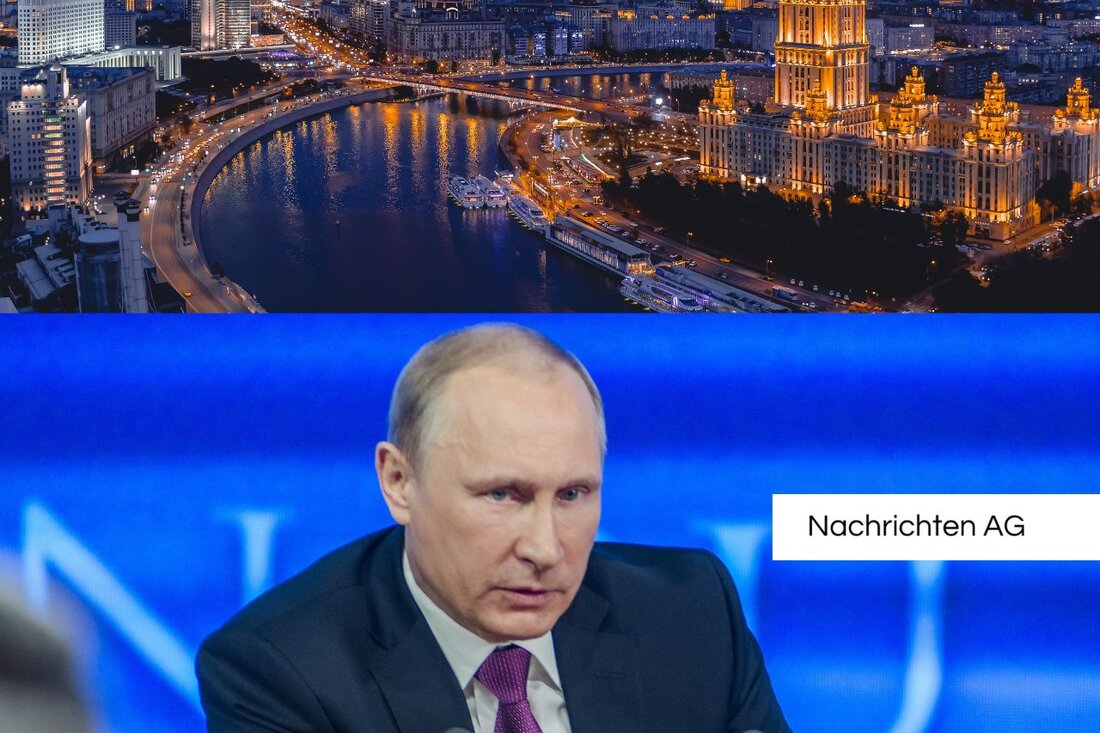Discover Russia: Exciting lectures at the Chemnitz adult education center!
In September and October 2025, the Chemnitz adult education center offers free lectures on Russian history and politics.

Discover Russia: Exciting lectures at the Chemnitz adult education center!
In Chemnitz, an exciting event format will soon be launched, which deals with the complex history of Russia and its neighbors. In September and October 2025, the adult education center invites you to a series of lectures that take place online or on site in the Tietz. Participation is free of charge, but registration is recommended by the respective day of the event, either via the Internet or by phone. Here interested parties can not only expand their knowledge, but also better understand current developments in the context of Russian politics. According to the information of the
The start on September 1, 2025, journalist Christina Hebel. From 6:30 p.m., she will report on her experience in Russia and respond to the changes that have arisen since the Ukraine conflict. Lever, which has been reporting for Spiegel from Russia for more than eight years, has been heading the office in Moscow since April 2022. Registration is necessary until 12 noon on the day of the event. If you want to dive deeper into the historical dimension, you should make a note of September 9, 2025. The historian and Professor Dr. Jörg Baberowski will talk about the development of Russia at 7:00 p.m. at the time of the Tsarist Empire. Historical relationships that were laid centuries ago are to be processed in an understandable manner. He is not only a professor of history of Eastern Europe at the Humboldt University of Berlin, but also author of the book "The mortal God. Power and rule in the Tsarist Empire". The topic of Ukraine is not overlooked in the lectures. This region has an eventful history in which Ukraine has been fighting for independence for centuries. As is well known, she has been a sovereign state since 1991, but since 2014 she has had to assert herself against the Russian territorial claims, a context that is of great importance, especially today. As reports Deutschlandfunk , the current conflict is justified by the assertion of Russia-to free Ukraine from fascism-a one-sided interpretation that many Ukrainians see as part of their sovereignty.
The last lecture will be held on October 1, 2025 at 7:00 p.m. by Michael Thumann, a journalist and historian of the time. He will give insights from his book "Eises silence downstream. A trip from Moscow to Berlin". During this event, he will also share personal experiences and impressions from Georgia and the Baltic States. Thumann deals with the backgrounds of current Russian politics that worsened according to the Ukrainian invasion. In addition, there will be a discussion with the author, which will surely open exciting perspectives. The history of Ukraine is complex and goes back to the Kiev Rus in the 9th century, which is considered an early form of state organization. But the story also shows that Ukraine was part of at least 14 different countries, including Poland and Russia. Today, the discussion about Ukrainian history in historical science and public is urgently needed, such as the BPB emphasized. There is a need for initiatives that bring knowledge of Ukraine to the public and focus on the perspective of Ukraine. story in focus
personal insights and discussion

 Suche
Suche